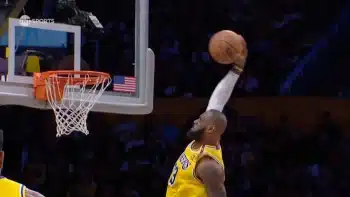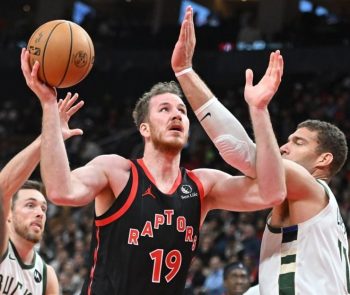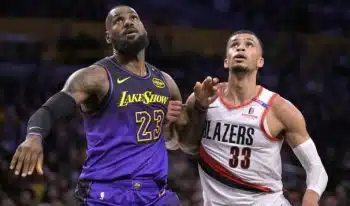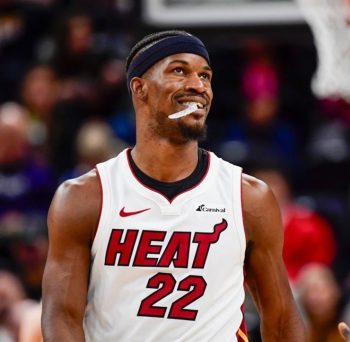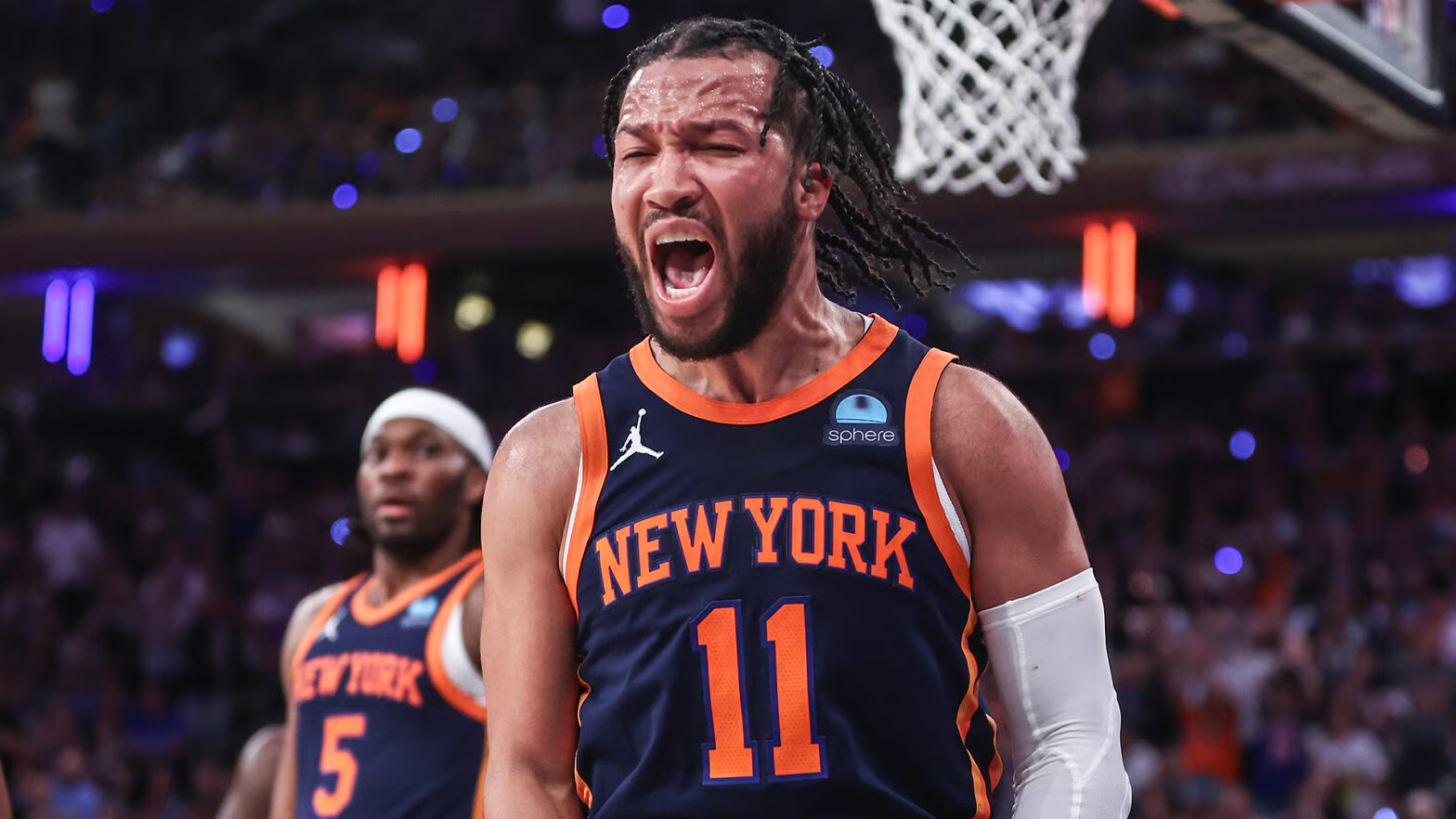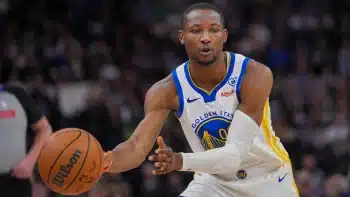NBA
Orlando Magic Adjusting to Coaching Change
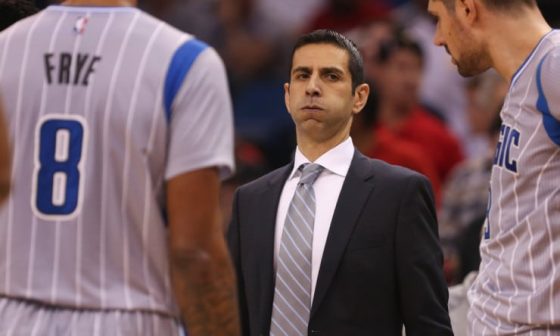
Chicago Bulls head coach Tom Thibodeau said on Sunday that a coaching change is never an easy process, especially one that takes place midseason.
Thibodeau knows firsthand the pressure that comes with winning at the highest level and performing to expectations. With those expectations, it’s believed that if the Bulls don’t make a deep run in the playoffs that he could be on the hot seat.
It’s because of Thibodeau’s current state and prior experience that he knows Orlando Magic interim head coach James Borrego is in a challenging place. Thibodeau commented that Borrego will need to be a pro about leading his team and added that he’s not the head coach by mistake.
Like his predecessor Jacque Vaughn, Borrego spent some time on the San Antonio Spurs’ coaching staff. He was with the Spurs for seven seasons and was apart of the team’s two championship runs in 2005 and 2007. Borrego started as an assistant video coordinator and eventually became an assistant coach on Gregg Popovich’s staff. Borrego then spent two seasons in New Orleans under former Spurs assistant Monty Williams before becoming Vaughn’s lead assistant in 2012. He was promoted to interim head coach last week after the Magic left Vaughn go after two-plus seasons.
Borrego has been in charge of the Magic for two games now, and it seems the Magic players have been receptive to Borrego taking over.
Becoming a head coach during the season brings its fair share of challenges, which is precisely why most long-term candidates are brought on during the offseason. Head coaching candidates often want to take a job during the summer when they’ll have time to bring in their own staff and oversee roster changes that fit into their plan. Taking over a job midseason is difficult because there is little time to really change a team’s identity and institute a new plan.
“You can’t change much because [of the amount of games that we’re playing] so you can’t change a whole lot, but you can put an emphasis on things like defense,” Magic center Kyle O’Quinn said. “The schemes are still the same, but there’s just more emphasis. For example, that extra 20 minutes in practice we are going over defensive sets instead of offensive execution so these changes have just raised the level of attention we give to detail.”
For a team that ranks 26th in defensive efficiency and 24th in points allowed per game, it’s no secret that the Magic’s biggest area to improve is defense. Prior to Borrego taking over Friday night against the Los Angeles Lakers, the Magic gave up at least 100 points to opponents in 14 straight games. During the first two games under Borrego’s watch, the Magic have given up 97 points in an overtime win against the L.A. Lakers and 98 points in a loss on Sunday night against the Bulls.
While the defense is arguably the top area for the team to improve, the next point of emphasis resurfaced in an ugly way against the Bulls: closing out games.
The Magic opened up Sunday’s game by trailing 32-16 after the first quarter and appeared to be in for a rough night. The defense allowed the Bulls to shoot 56 percent from the field in the opening frame while the Magic’s offense shot just 27 percent. But the team rallied behind several contributors off of the bench and held the Bulls to no more than 24 points in the remaining three quarters.
The Magic went on an 11-2 run late in the game to take a six-point lead with just 2:15 left on the clock. Then, with 32 seconds remaining, the Magic completely fell apart.
Victor Oladipo turned the ball over twice and Tobias Harris committed a clear-path foul that gave the Bulls five points from two free throws and a three-pointer. On the Magic’s last possession, Nikola Vucevic missed an eight-foot jumper and Harris missed a tip-in that he makes nine times out of 10. The Bulls scored the game’s final seven points.
“It was our game to win and we gave it away,” Harris said. “To win in this league, you have to step it up a notch in the last four minutes. You got to make the right plays and [I] got to make that tip-in shot, obviously. The game would be over and we’d be in here happy and celebrating. It just didn’t go down that way. That was our game to win and we didn’t win it. We have another tomorrow so we just have to get ready for it.”
As the team searches for its identify under their first-time head coach, they have found positives to build upon.
Perhaps the biggest change after watching the last two games has been the team’s energy level. Often times under a new head coach, players come out with more energy and excitement that they didn’t previously have. Magic rookie Aaron Gordon compared the new energy to that of a college game with players on the bench jumping up and down and waving towels around for the simplest of jump shots. Gordon said being engaged even on the bench keeps you focused on the game.
The bench play for the Magic has been key as well. Evan Fournier led the way for the Magic’s bench with 14 points Sunday while Dewayne Dedmon added eight points and Gordon added three points and five rebounds. The bench gave the team life and helped them fight through the game’s most critical stretches.
“I’m very impressed,” Oladipo said on the team’s bench play. “It shows our grit and it shows that we’re maturing. Now we just got to learn how to finish it out; that’ll show us the maturity even more. We just got to do a better job of closing out games and giving ourselves a chance to win and we’ll be in ball games.
“These are my brothers who I go to war with everyday. Every game is emotional from now on. We’re not given anything in this league, no one will give us anything; we have to go take it. We got to do that together and that’s the mentality that we have.”
Borrego will get an extended amount of time over the upcoming All-Star break to apply changes to schemes and plans, but it will ultimately be on the players to keep up the new-found energy and excitement. Several Magic players are planning on working out during the break, so it seems like the team will be prepared to come out ready to play after the break.
